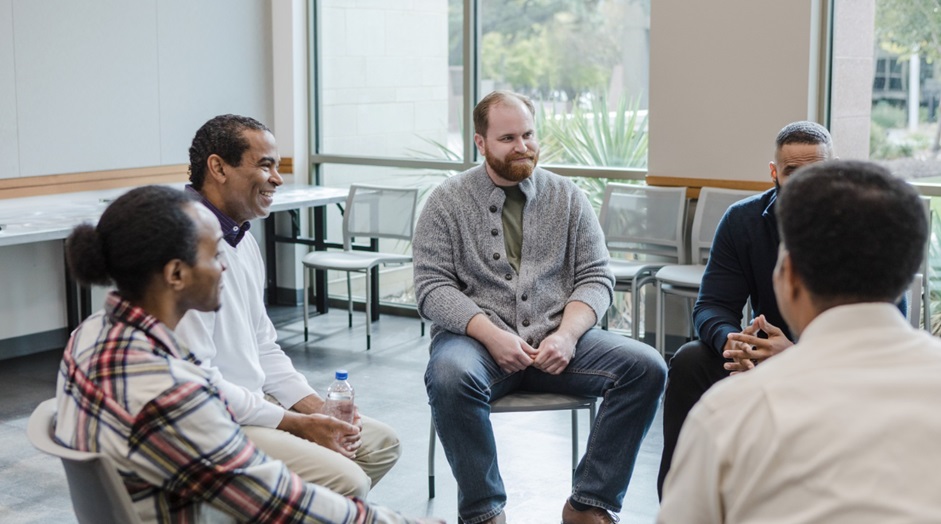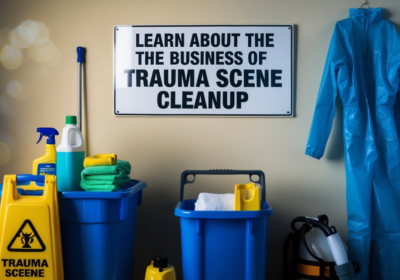
Family And Relationship While Living In A Halfway House
Adjusting to life in a halfway house presents unique challenges, especially when it comes to maintaining family and personal relationships. For those seeking support in recovery while living in a halfway house in South Florida, fostering these connections is an essential part of rebuilding a balanced and fulfilling life. While the structure of a halfway home is designed to encourage independence, strong family relationships can provide the emotional stability necessary for long-term recovery.
The Importance of Family Support in Recovery
Family members play a crucial role in helping individuals maintain sobriety and regain stability. However, balancing recovery work with nurturing personal relationships can be delicate, especially in early recovery.
Recognizing Family’s Role in Recovery
Studies consistently highlight the value of familial involvement during rehabilitation. A supportive family can provide encouragement, help rebuild trust, and serve as a safety net in moments of vulnerability. Communication is key during this process, as it allows family members to better understand the specific challenges faced in recovery. It is necessary to understand the role of family support in addiction recovery to understand how family connections can directly impact success.
Setting Healthy Boundaries
While family support is invaluable, it’s equally important to establish boundaries. Maintaining healthy limits helps avoid stressors or emotional triggers that could compromise recovery efforts. Individuals in a halfway house must work closely with therapists or counselors to identify what healthy interaction looks like in their specific situations.
Building Relationships in Transitional Living
Life in a halfway house encourages residents to build new habits and develop a sense of community. Collaborative living environments also emphasize the importance of balancing personal growth with strengthening existing relationships.
Developing Communication Skills
Living in transitional spaces often necessitates practicing open communication. Regular conversations with family members about progress, goals, and challenges help foster understanding and provide reassurance about efforts toward sobriety. The structure of halfway houses. transitional living spaces, empowers residents to hone these skills in a supportive, judgment-free environment.
Balancing Family Time and Personal Goals
Recovery is a time of personal growth. While embedding family interactions into your schedule is important, it’s equally essential to focus on the recovery program and self-care routines. A strong recovery foundation ensures individuals are better equipped to contribute to healthy family dynamics in the long run.
Managing Relationship Challenges During Recovery
Recovery often brings previously unacknowledged relationship issues to light. This includes addressing trust deficits, unspoken emotional hurt, or conflicts that surfaced during active addiction. Rebuilding trust with family is a process that requires time, consistency, and transparency. Applying lessons learned through counseling or therapy helps to repair fractured bonds. Family members who see ongoing progress often become more open and engaged in the recovery process.
Conclusion
Navigating family and relationships while adapting to life in a halfway house is a crucial part of achieving long-term recovery success. Understanding the importance of clear communication, setting boundaries, and focusing on personal progress ensures healthier relationships as individuals work toward maintaining sobriety. Whether rebuilding existing bonds or creating new, supportive connections, professional recovery support can serve as an essential stepping stone in this process. It will be a sure way to strengthen family relationships creating a comprehensive pathway to stability and growth after addiction.


















